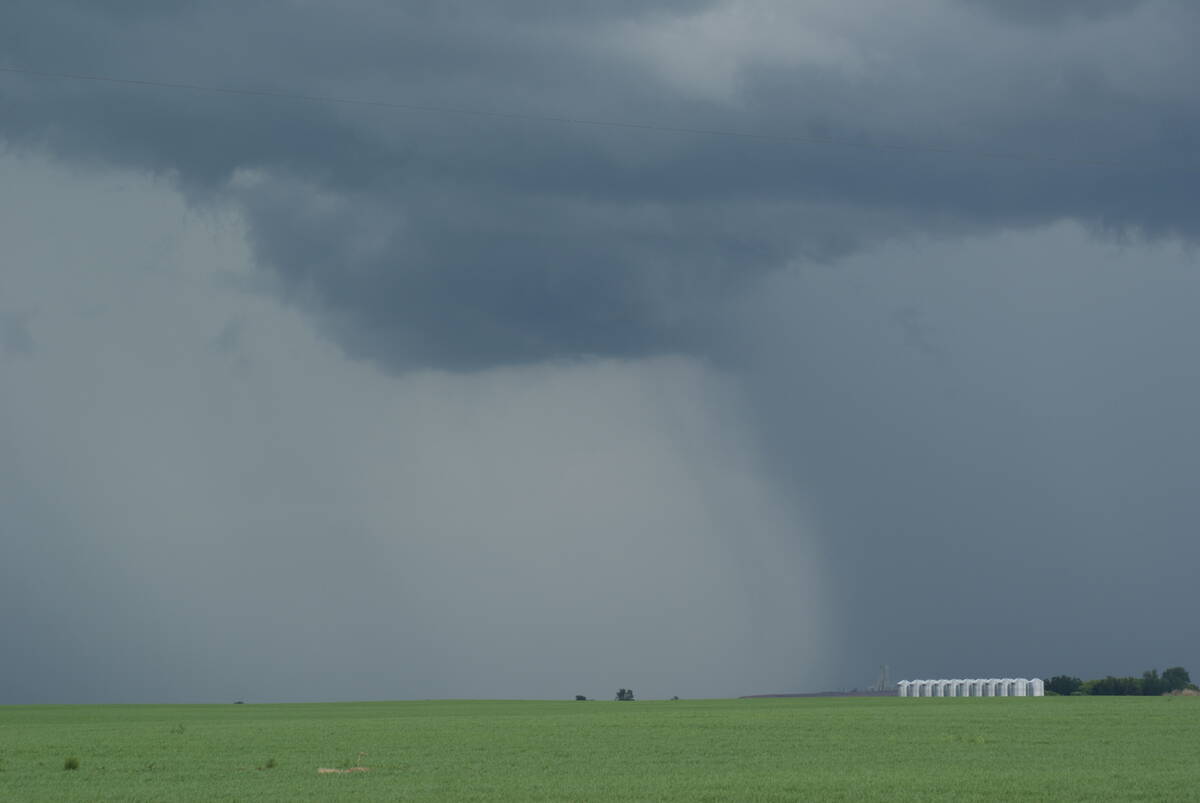That was a fast three months.
When I came to The Western Producer as the 2008 editorial intern from the University of Regina, I was assigned to write an introductory column.
I panicked.
The thought of trying to explain why a city kid would attempt to tell the readership about agriculture was intimidating.
After a few hours of struggling with a serious case of intern block – a condition where the affected intern sits at his computer for two hours repetitively typing and deleting introductory paragraphs – I realized I had come here with a purpose.
Read Also

Canadian farmers need new tools to support on-farm innovation
Farmers need a risk management buffer that actually works and investment that drives advancements forward if Canada is to build resilience.
I wanted to explore the differences between city and country.
Living in a city has a lot of bonuses. You can usually walk to the store, there are bike trails and early morning cab rides cost 20 bucks, tops.
As a resident of Saskatchewan, though, it’s pretty hard to miss the different routine that takes place in the rest of the province, and questions about that routine have been nagging at me for a good part of my life.
Working here gave me the chance to ask those questions.
I’ve lost count of the number of interviews I’ve done in the past three months but I can confidently say I learned something new from every one of them.
For instance, I now know that a farrier is not, as I first thought, someone who works on a boat, but an individual that shoes horses. The rumen, it turns out, is not Swedish for room but part of a cow’s stomach.
And the list goes on.
It’s my modest hope that I was able to repeat what I learned in a somewhat intelligible manner.
In my opinion, talking to people is the best part of this job. It gives you a chance to take a peek at another person’s life and know-how, if only for a little while. Being a journalist is a lot like being a professional student, in that you’re constantly learning new things.
Typical of interviews, I was often told about things beyond the scope of the assigned story. I learned the answers to questions I had never even bothered to ask.
I’ve been told numerous times during my stint here, by agricultural researchers and officials, that farmers are some of the smartest people in the world.
After dipping my toes in the deep knowledge that runs throughout the farming community, I am convinced it is true.
I’d like to thank everyone in The Western Producer newsroom for helping me through my crash course in agriculture, and thank you also to the people I interviewed.
As learning experiences go, I couldn’t have hoped for anything better.














